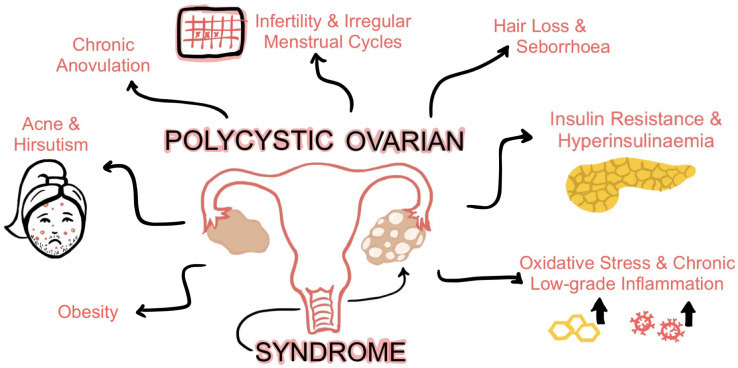PCOS
The Role of Heat Shock Proteins in the Pathogenesis of Polycystic Ovarian Syndrome: A Review of the Literature
- Bottom line: Heat Shock Proteins (HSPs)—proteins that help cells manage stress—are unusually active in PCOS, affecting ovarian cell survival, immune balance, and metabolism. This discovery opens up new treatment ideas, like heat therapy or targeted drugs, but much more research is needed to confirm what works best.
-
Unexpected findings: One study found non-obese PCOS patients did not have elevated oxidative-stress markers or HSPs—suggesting a complex, context-dependent role for HSPs across different PCOS phenotypes
-
Potential therapeutic avenues
-
Lifestyle interventions such as exercise and heat therapy (e.g., sauna) can modulate HSP levels, improving insulin sensitivity, reducing inflammation, and helping normalize ovarian function.
-
Experimental strategies involve targeting HSPs via heat treatment, HSP-modulating microRNAs, or drugs to rebalance stress, growth, immunity, and metabolism.
-

